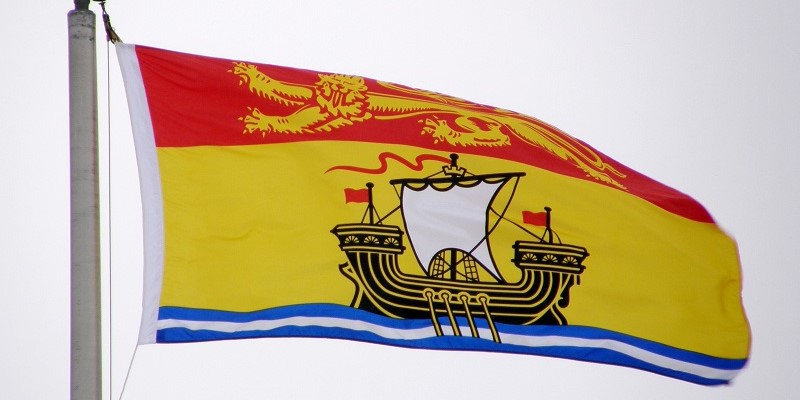New Brunswick government could use new surplus to cut taxes

The Higgs government announced the final results of the 2022-23 fiscal year recently, which confirmed a further improvement in the province’s fiscal position. Highlights include a surplus of more than $1 billion ($150 million higher than projected) for the year, and another reduction in the province’s net debt. With similarly strong results expected this year, the Higgs government has a great opportunity to provide substantial tax relief for New Brunswickers.
And relief can’t come soon enough. The province has a long-standing tax competitiveness problem. Marginal personal income tax rates are among the highest in North America across a variety of income levels. For example, at $50,000 in income, New Brunswick’s (combined provincial and federal) tax rate is the fourth-highest among 61 jurisdictions in Canada and the United States. At $75,000 in income, it’s fifth-highest. High-income earners are even more heavily taxed, with marginal tax rates exceeding 53 per cent, the sixth-highest in North America.
The problem isn’t confined to personal income taxes. Business taxes are tied for the third-highest in Canada for the rate applied to corporations, and tied for fourth-highest in Canada for the rate applied to smaller businesses. One all-in measure of taxation (known as total tax effort) estimated New Brunswick’s total tax burden to be the second-highest in Canada, trailing only Quebec.
Such a burden generates real consequences for individuals and businesses in the province. For middle-income New Brunswickers, taxation is often their single largest expense, making life particularly challenging during a time of increases in the cost of living.
Moreover, uncompetitive tax rates on high-income earners discourage top talent from relocating to the province, exacerbating challenges such as the recruitment of badly-needed health-care professionals. For businesses, high tax rates dampen investment, act as a barrier to expansion, and discourage new businesses from locating in the province.
The good news? With its finances in good shape, the Higgs government has an opportunity to make meaningful reductions to the tax burden, both now and in the future.
One recent study found that staying the course with the province’s fiscal trajectory could create room for tax relief of $3,604 per tax filer within a decade (without jeopardizing the balanced budget). For the average-income worker in the province, this amount would represent approximately 80 per cent of their provincial income tax burden—in other words, a substantial reduction.
The government could make progress on its tax problem immediately. As a thought experiment, consider if it directed the entire surplus of $1 billion from last year toward tax relief. Using 2022-23 numbers, this would be enough to eliminate 42 per cent of the province’s personal income taxes, or eliminate corporate income taxes entirely. Put another way, the government could eliminate the entire provincial gasoline tax (10.8 cents per litre) and still have enough money left over to reduce the provincial personal income tax burden by one-third. The figures above are meant merely to illustrate the scale of potential tax relief, not to recommend the province direct its entire surplus into tax reduction.
Of course, the government has already implemented some tax relief. This spring’s provincial budget (and the two budgets prior) included modest tax relief measures including personal income tax relief of approximately $70 million. While this is a good start, the province has much more work to do to become tax competitive with other jurisdictions.
Dating back to the final year of Brian Gallant’s government and through the premiership of Blaine Higgs, New Brunswick has maintained a consistent policy of balanced budgets, which has allowed for debt reduction and substantial improvement in provincial finances. With a healthy surplus in place and another expected this year, the province has a golden opportunity to provide meaningful tax relief for New Brunswickers.
Author:
Subscribe to the Fraser Institute
Get the latest news from the Fraser Institute on the latest research studies, news and events.

